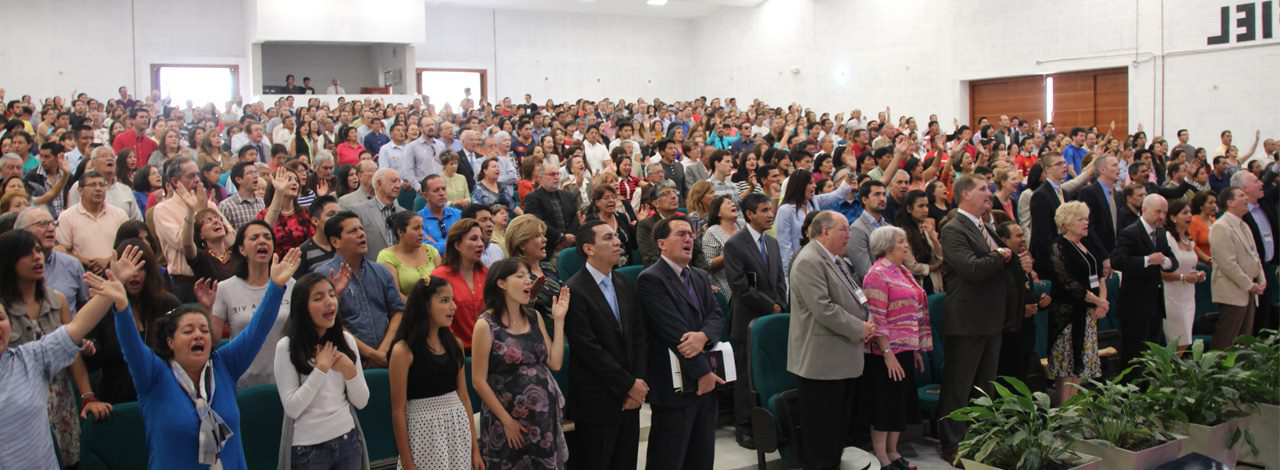CMI had just such a moment about 18 months ago and we’re dying to share it with you. It involves how to fund the future of the church planting movement in Quito, Ecuador. We’ll skip past the months of tedious research and planning. And we won’t make your head spin with financial jargon.
INTRODUCING CMI’S SEED FUND
We’re excited to share news of our new Seed Fund model with you because it’s packed with potential to accelerate our mission and strengthen Latin urban churches for the future.These churches have always faced two huge challenges.
- The high cost of developing a growing church in expensive, over-crowded cities.
- Growing resources to plant new churches at a rate faster than people are moving into key Latin American cities.
In recent years, many ministries and nonprofits have successfully used a micro-finance model to help communities tackle poverty.
We asked, could we apply the principles of micro-finance ministry to a macro church/city challenge? Could this approach enhance our efforts to tackle the historic challenges facing Latin urban churches?
Like good investors, the new approach expects a return. But unlike a typical investor, we do not expect that return for ourselves. Through the Seed Fund, the local Latin churches benefit from the investment AND the returns. Churches receiving help contribute the original investment and more back into the Seed Fund that launches more churches.
WHAT ARE THE SIGNIFICANT ADVANTAGES OF THIS NEW APPROACH?
The advantages are many. Here are a few you’ll appreciate:- Sustainability: The fund is designed to achieve full local financial sustainability within 10 years.
- Growth: The fund aims to grow 3–5% per year. This will allow for church multiplication at twice the rate of population growth in Quito.
- Ownership: A diverse team of local, highly qualified Latin American ministry and financial leaders will partner with CMI to oversee the Seed Fund.


